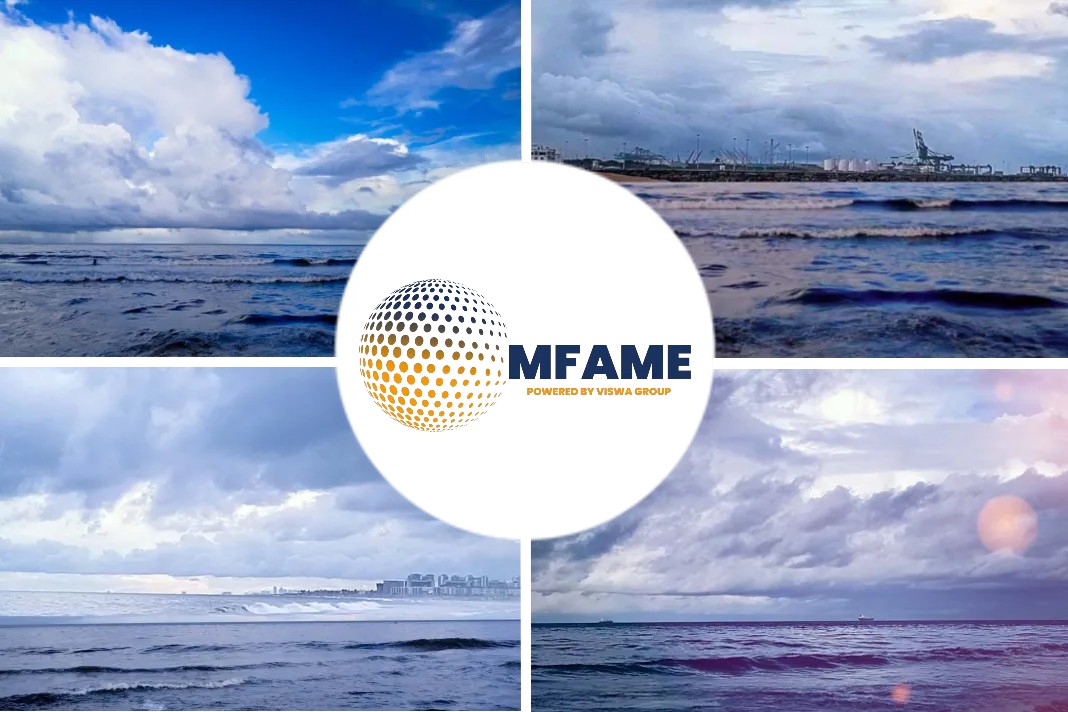- Perhaps he asks you to inspect it to see if it is indeed real, unaltered, normal.
- Because making something disappear isn’t enough; you have to bring it back.
- That’s why every magic trick has a third act, the hardest part, the part we call ‘The Prestige.’
- Why wasn’t the company holding any public meetings to discuss its plans?
Amazon’s aggressive, yet covert, entry into the Chicago metropolitan area has been swift, covert, and funded as reported by Oak Park.
Political agency
In this ever-expanding world, people like Howard Ray — who notice what’s happening before it happens, act on that information and demand to be recognized as human beings with political agency and not abstract extensions of a profit-and-loss statement — aren’t supposed to exist.
As WBEZ reported in 2020 when Amazon entered the south suburb of University Park, the developer of what at the time was being called Project Condor (appropriately named after a species of vulture) told village trustees that they had to “keep the identity of the company behind the project a secret, at least until the deal was sealed.”
“Second, they had to promise more than $100 million in future tax revenues to help pay for it.
I’m familiar with Amazon’s tendency to silently steamroll municipalities.
That warehouse was completed about a year ago.”
Potential impact
The mayor acknowledged that there were no community meetings held with residents to address the distribution centre’s potential impact on quality of life.
Residents were supposed to look up, suddenly notice the Amazon logo on a building, applaud the company’s mere presence and report for duty.
In the words of British novelist Christopher Priest, every great magic trick has three acts.
In “The Pledge,” the magician “shows you something ordinary. …”
Because making something disappear isn’t enough; you have to bring it back.
The site was owned by Allied Metals, an alloy producer.
Company held accountably
But when Howard learned that Amazon had stealthily purchased the property in his community and the company was well into the second stage of its act, he rushed to the stage and started asking questions.
How would the company be held accountable to its neighbours?
Why didn’t any city officials or the alderwoman let residents know about such a massive investment until well after the monopoly company bought the land?
Eventually, Howard formed the West Humboldt Park Community Coalition.
The overwhelming neighbourhood consensus, Howard told me, is that residents don’t mind Amazon coming into town, but they have some demands.
They want a Community Benefits Agreement (CBA) that would at least nominally hold the company accountable and that would take into consideration the collateral effects and externalities of doing business.
Large tax
Howard also realized that Amazon’s planned warehouse, which is currently under construction, would be located inside of an Opportunity Zone, which means that the company would get a large tax break if it holds onto the newly constructed warehouse long enough.
The Opportunity Zone program was pitched as a way to lure capital to distressed urban areas like the West Side.
If a property is held for at least 10 years, according to a Forbes contributor, the corporate “taxpayer can pay zero capital gains tax on the new investment […] I think that’s the real prize: if you hold your investment in some of these opportunity zones […] you essentially pay no tax on your returns, which could lead to a 30-40% increase in your annualized return.”
Parker is another magician, a master of “the prestige.”
In Parker’s case, Wessel has rushed the stage to interrupt the trick.
Wessel’s book opens with a scene at the Opportunity Zone Expo held in May 2019 in Las Vegas.
Pressure on shareholders
On Monday, the Financial Times reported that Amazon had commissioned “an audit, led by former U.S. attorney general Loretta Lynch, to look into ‘disparate racial impacts’ from its employment practices on its U.S. frontline workforce.”
The decision comes after “pressure from shareholders who had accused the company of putting a disproportionate number of workers of colour in harm’s way in its warehouses, where injury rates are higher than the industry average.”
The Financial Times report doesn’t mention that the audit decision also comes a few weeks after a historic election at Amazon’s JFK8 fulfilment centre in New York, where workers voted to unionize.
Now, to crash the stage, I predict that, in Lynch’s report (as with former attorney general Eric Holder’s “Civil Rights Assessments” of Starbucks, conducted over the last several years) the workers — as self-determining adults with sufficient political power to counteract union-busting Amazon’s seeming omnipotence — will be hard to find.
In this world of vultures, average people with political power don’t exist.
Did you subscribe to our newsletter?
It’s free! Click here to subscribe!
Source: Oak Park






















